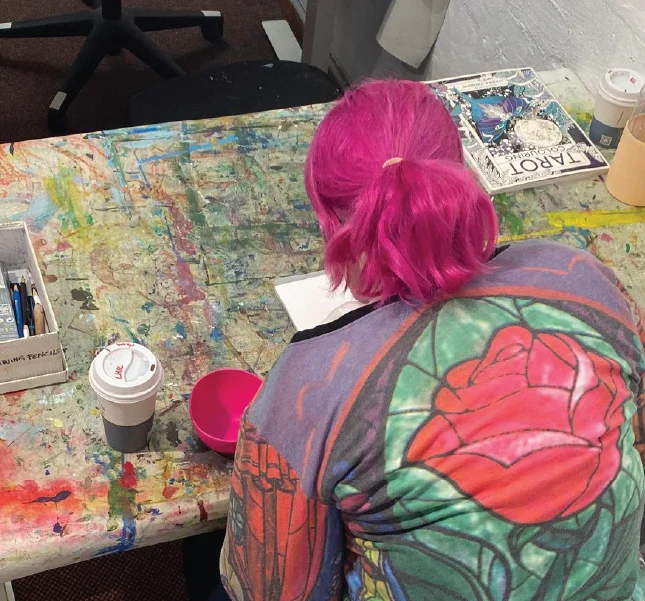
Get in touch with our team today
You do not need a referral to connect with our team. Reach out to discuss the option that will work best for you.
Latest Therapy Services news
Davika emerges from a web of violence
As they grew up, the two friends went their separate ways. Davika had settled into life as a single mum in India, and Priyanka had moved to Australia to marry an Australian man. Life, as Davika knew it, changed forever when Priyanka returned to India for a holiday with her husband and her husband’s Australian brother, Steve.
Read MoreSupporting men’s health – a call to care, connect and check in
Each year in June, Men’s Health Week gives us a vital opportunity to turn the spotlight onto the physical, mental, and emotional wellbeing of men in our communities. At CatholicCare, we see this week not only as a chance to raise awareness - but also as a call to action.
Read MoreA self-care guide for mums – Mother’s Day 2025
As Mother’s Day draws near each year, many mums feel an increase in mental load. This Mother’s Day, we’ve compiled a list of self-care ideas.
Read MoreMy mental health can’t hold me back
“My mental health can’t hold me back from my art,” says Hannah who attends Boonah Creative Arts Centre.
Read More




